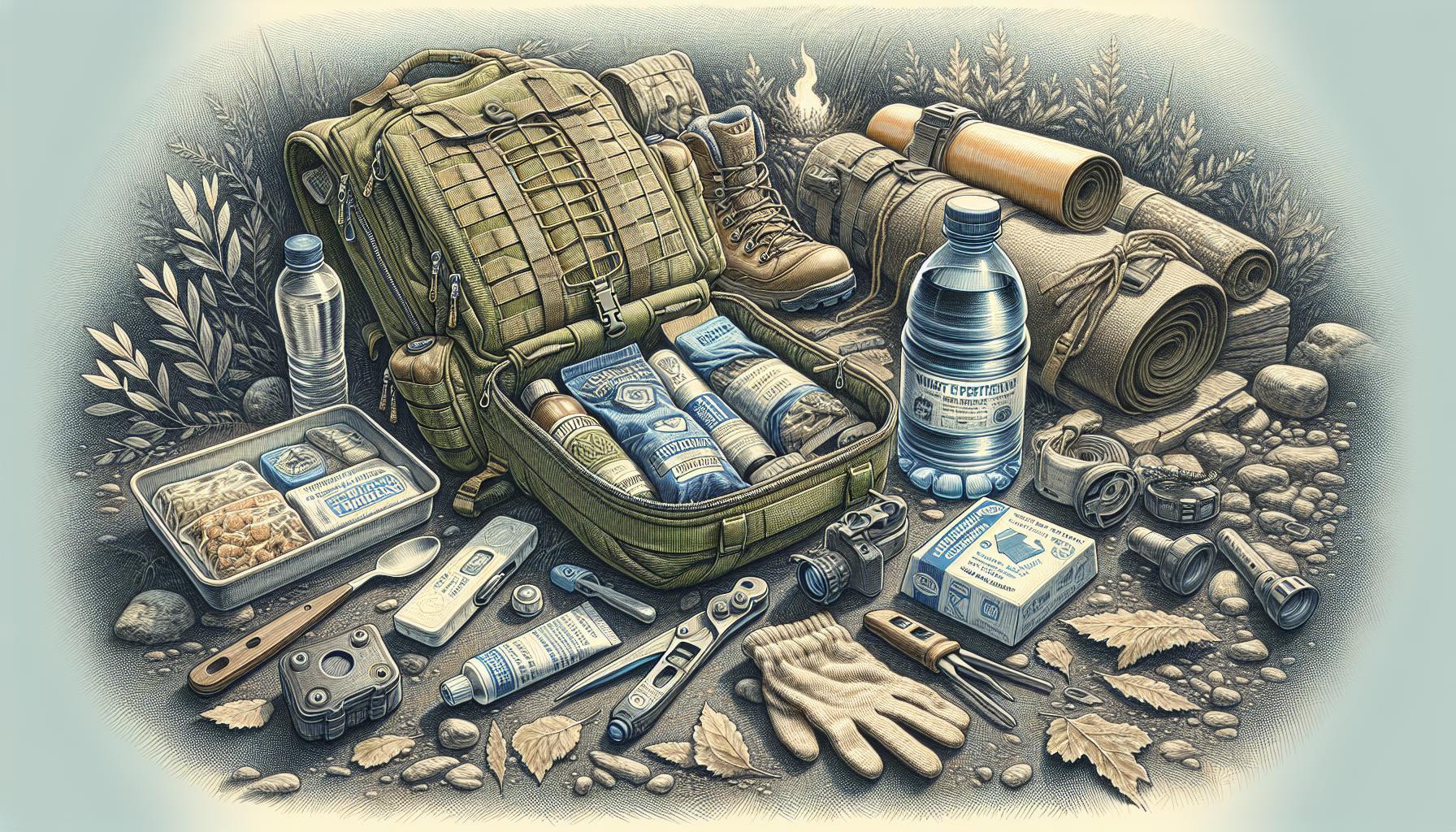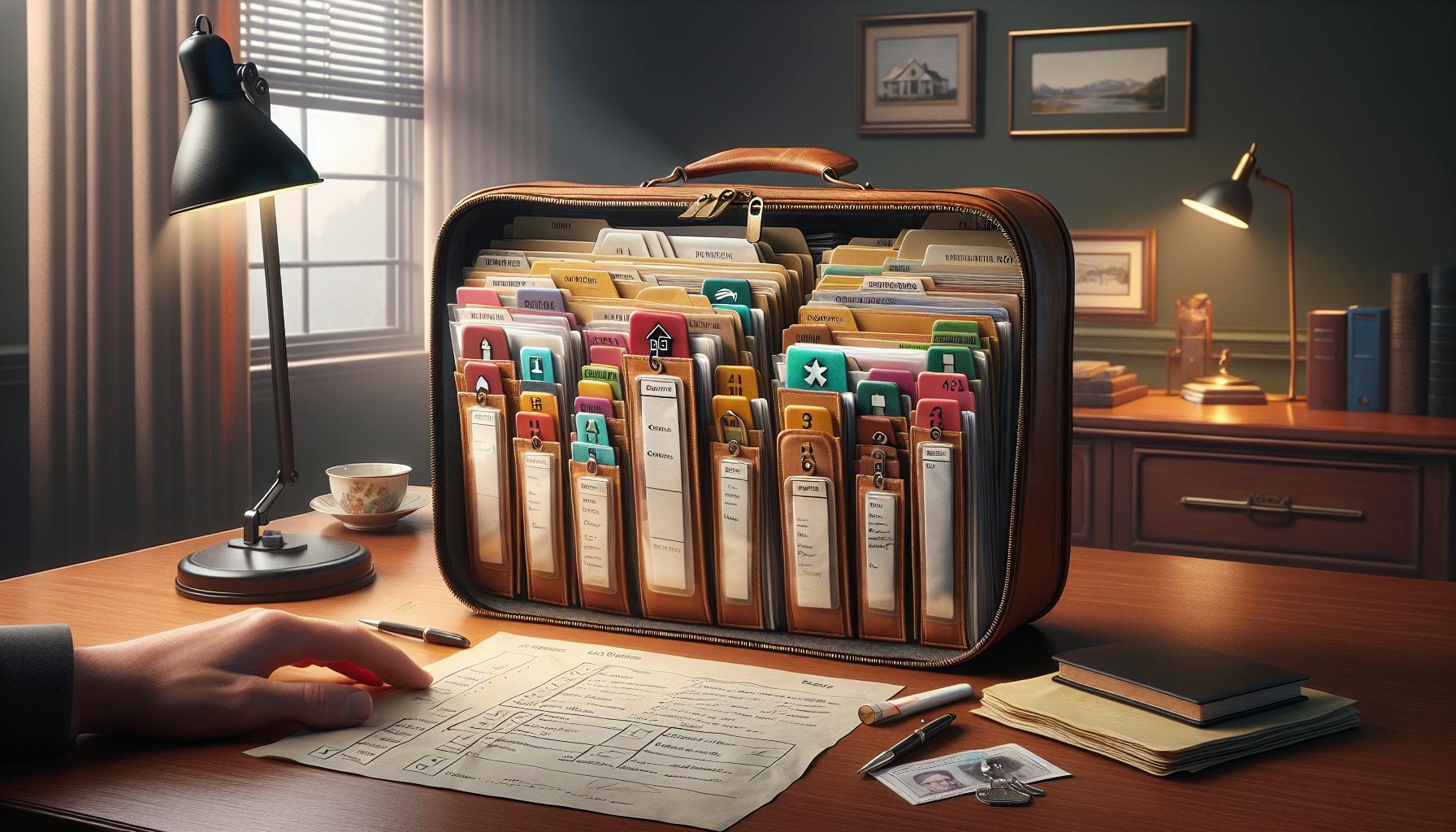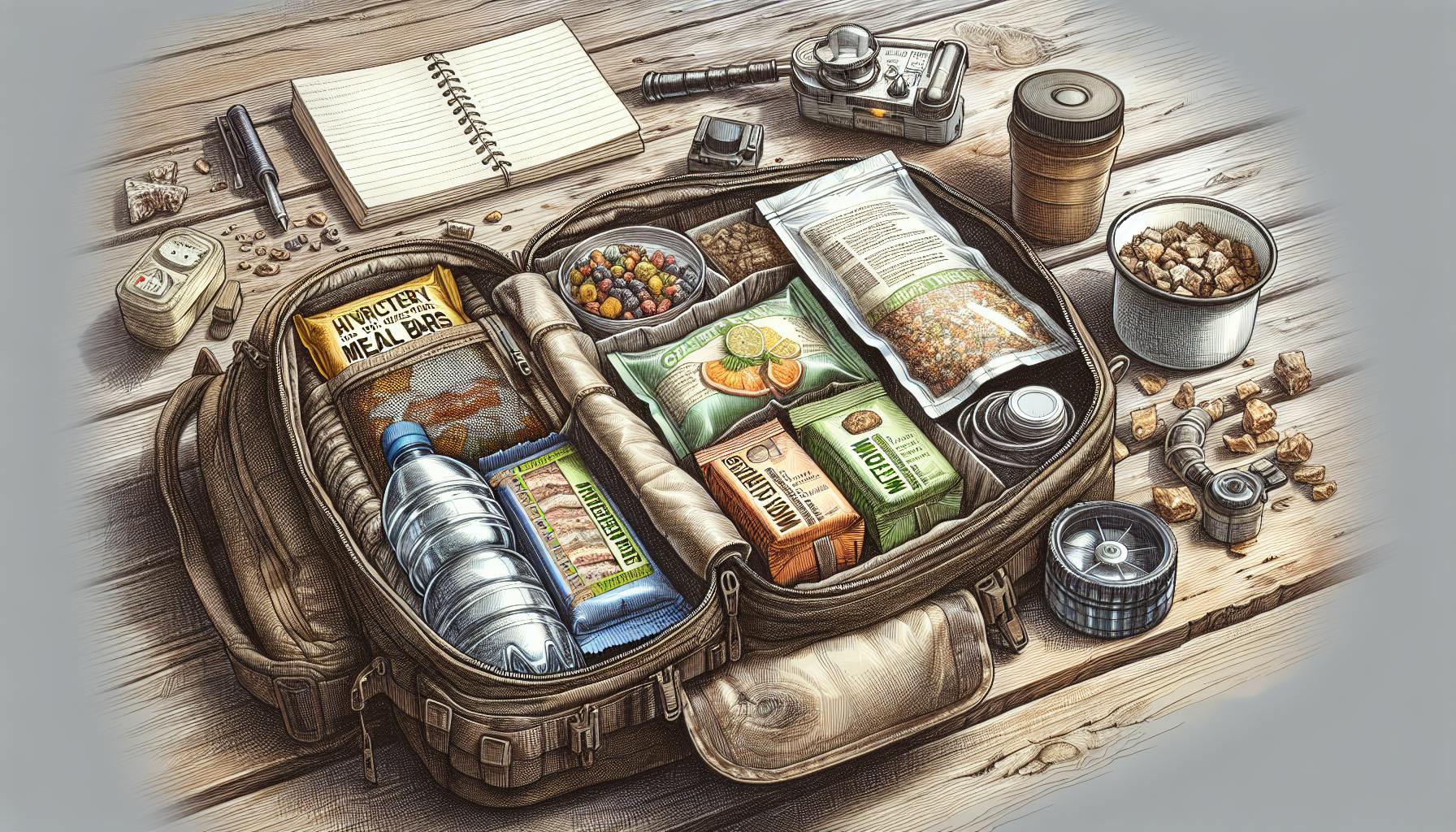Introduction
Achieving self-reliance and preparing for emergencies are noble goals, but successful prepping also requires vigilance regarding potential threats to operational security. Community and cooperation are vital, yet some problematic neighbors can jeopardize even the best laid plans. Recognizing concerning behavioral red flags and responding appropriately is crucial for maintaining discretion.
This article explores specific precautions to take, techniques to handle troublesome neighbors diplomatically, and methods for cultivating positive community relationships despite challenges. The goal is providing actionable tactics to balance operational security with community building. After all, protecting your family must be the priority when SHTF.
Types of Neighbors to Be Wary Of
Not every neighbor with concerning behaviors poses a genuine threat, but prudence around certain types of people near your home is wise. Watch for these behaviors:
Busybodies
Nosy neighbors who seem overly interested in your business can compromise operational security. Busybodies may monitor activities around your property and attempt to uncover details about your preps by asking intrusive questions like "What's in all those boxes being delivered?" They could accidentally or intentionally spread sensitive information you prefer keeping private. It's best to provide busybodies only vague, polite, minimal responses and establish firm boundaries.
Disruptive Neighbors
Chaotic individuals who frequently engage in loud arguments or have the authorities called on them can potentially bring unwanted attention to your home. Disruptive neighbors make it harder to maintain a low profile in the community. Try building some rapport by politely praising positive behaviors or offering to help with minor tasks like carrying groceries. Start small with casual conversations to demonstrate your friendly nature.
Substance Abusers
Those struggling with untreated addictions may act erratically or aggressively at times. Intoxicated individuals could attempt to take advantage and steal supplies when SHTF. It's vital to secure sheds, windows, and doors against break-ins. Carefully consider if or how to provide assistance by suggesting rehab resources. However, don't enable behaviors or put yourself in harm's way.
Extremists
So-called "sovereign citizens" and anti-government extremists rejecting legal authority should be avoided. They often are heavily armed and may provoke confrontations with law enforcement. Do not get associated with known radical militias. Quietly report any sincerely dangerous behaviors to the proper authorities.
Threatening Individuals
Pay close attention to any instincts suggesting someone seems aggressive or "off" – do not dismiss red flags. Take note if certain individuals exhibit stalking, angry outbursts, trespassing or other threatening behaviors around your property. Your family's safety comes first – don't worry about offending someone. Trust your gut feelings.
Precautions to Take
Maintaining security against potential neighbor threats involves smart preparedness tactics. Here are some best practices:
Maintaining Operational Security
Be vague if neighbors inquire about your activities and supplies. Politely decline providing details about your private business. Avoid openly visible preps that may draw unwanted attention. Deflect prying questions by casually asking nosy neighbors benign questions in return. Make clear your desire for privacy.
Securing Your Property
Ensure all entry points like doors, windows, gates and fences are secure. Install motion sensor lighting and security cameras to deter trespassers. Trim overgrown vegetation concealing prowlers. Conduct regular perimeter checks for vulnerabilities and make repairs promptly.
Building a Trusted Community
Cautiously develop relationships with 2-3 vetted neighbors willing to cooperate and provide mutual assistance. Start slowly by sharing small, non-critical resources to build rapport and goodwill. Discuss coordinating neighborhood watches, communication systems, and aid. Take time getting to know people before trusting them with sensitive information.
Having a Backup Plan
Keep bug out bags stocked and readily accessible. Identify at least two evacuation routes and destinations. Maintain vehicles with full gas tanks and emergency kits. Keep copies of key documents ready to grab quickly if forced to leave. Practice evacuation drills regularly so execution goes smoothly.
Home Defense Strategies
Deter threats by installing robust security systems with 24/7 professional monitoring capabilities. Post warning signs advertising your systems. If firearms are part of your defense plans, undergo tactical training from certified experts. Use lighting timers and blinds when away to give the impression of occupancy. Stock trauma first aid kits.
How to Handle Problematic Neighbors
If issues arise, here are methods to respond while avoiding unnecessary conflict:
Setting Boundaries
Do not share specifics if pressed about your activities and supplies. Politely rebuff nosy neighbors by changing the subject or exiting conversations. Be direct yet friendly when stating your desire for privacy. Your business is not their concern. Remind them of boundaries if needed.
Involving Authorities
Contact law enforcement immediately if an altercation or crime occurs. For ongoing harassment, file police reports and pursue restraining orders through a lawyer. Have an attorney send cease and desist notices if applicable. Report extremists to the FBI promptly to get ahead of potential violence.
Bolstering Security
If issues with threatening individuals persist, invest in upgraded locks, lighting, and alarm systems. Hire security patrols when away. Install privacy fencing or thick shrubs to obstruct views. Obtain proper licensing and professional training for concealed carry if desired. Keep pepper spray or other legal self-defense items readily available.
Moving Away
As a last resort if problems escalate, consult a real estate agent discreetly about listing your home. Browse rental listings in lower-profile areas better suited for your needs. Have movers pack essentials first when moving. Obtain quotes from several moving companies in advance for best pricing. Use maximum privacy settings on social media profiles.
Maintaining Community Despite Challenges
While exercising due caution, avoid assuming all neighbors are threats. Continue fostering community:
-
Be friendly and gradually build rapport with neighbors in general. Get to know them over time.
-
Start a neighborhood watch program to report suspicious activities. Look out for each other.
-
Host regular block parties and BBQs to facilitate relationships casually. Meet more neighbors in a relaxed setting.
-
Share small resources like books, tools, or advice to build goodwill.
-
Remain vigilant, but don't isolate yourself unnecessarily. Community will be vital when SHTF.
Conclusion
Avoiding concerning neighbors is key for maintaining operational security and protecting your family. Observe behavioral red flags and trust your instincts. Set boundaries politely yet firmly if pressed. Bolster home security measures as warranted. Gradually develop trusted relationships with 2-3 neighbors for mutual assistance. With smart precautions, preppers can safeguard their homes and supplies while still cultivating community. The key is balancing prudent vigilance with an open mind.


